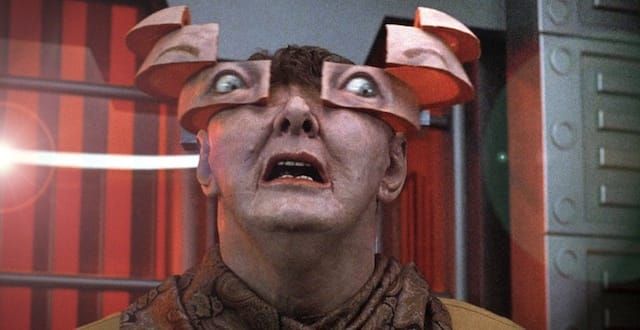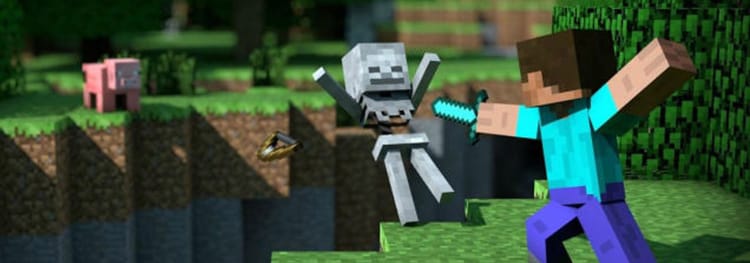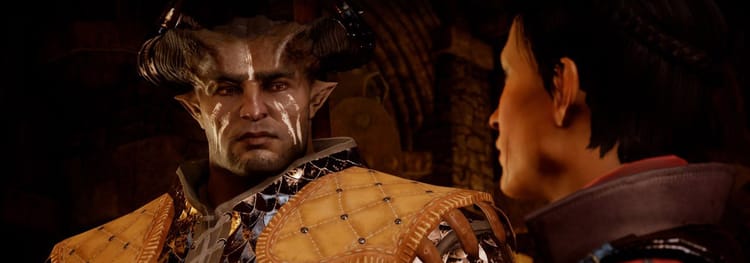Augmented Remembering

A shiver goes down my spine as a hot wave of panic over takes me. I’ve lost my son. Like a madman I frantically ask blank-faced strangers if they have seen my little boy. My head throbs with guilt, despair, and judgment; I am the worst parent in the world. My hands are trembling and my heart pounds in my ears. I press pause and take a long deep breath. I don’t have a son.
The concept of memory has changed significantly since the proliferation of mass media. It allows us to have relationships with events we didn’t witness or experience, and they become part of our Borg-like collective memory. Videogames grant us the ability to experience the extraordinary and the mundane events of someone else’s life as if it were our own.
I started to think of Alison Landsberg’s book Prosthetic Memory: The Transformation of American Remembrance in the Age of Mass Culture (2004). Landsberg discusses the films Total Recall, Strange Days, and Rosewood and how each of these films deals with memories obtained through forged or stolen experience. She describes prosthetic memories as those that are:
not natural, not the possession of a single individual, let alone a particular family or ethnic group, they conjure up a more public past, a past that is not at all privatised.
Unlike collective memory, prosthetic memory has no geographical, age, community, or cultural barriers. Prosthetic memory allows for an open experience of specific events.
In Total Recall and Strange Days, memories are purchased as a replacement for physical experience. If you are a shy academic in Total Recall you can purchase the experience of a bold, sexually charged explorer and never leave your home to visit a strange planet. In Strange Days the characters can experience the thrilling memories of others through recordings zapped into their brains.
Rosewood attempts to break ethnic and geographical backgrounds by creating a prosthetic memory of the historical Rosewood massacre. The film does this by making us feel like the citizens of Rosewood could be our neighbors and friends, allowing us to feel empathy. The film teaches us about the horror of racism and hatred by having us relate directly to the people on the screen.
I wonder if videogames could fulfill the role demonstrated by Rosewood, allowing us to emotionally connect with a life or situation we would otherwise be unable to access. Videogames are distinct because they allow us to experience lives we’d never have a chance to live. We get to participate in the game, which strengthens our relationship to the experience.
Can games generate an experience that is completely open to all communities? Have we reached a point where games can make us empathic?
According to Landsberg, prosthetic memories try to create empathy rather than sympathy. Sympathy implies condescension: you don’t know how that person is feeling, but you say something nice to shut them up. In sympathy there is a safe distance between the sympathizer and recipient.
In empathy, you literally feel another person’s plight. To be empathic requires more than the platitudes of sympathy. It takes work because you have to intellectually understand and connect with another person and feel their emotions. Empathy allows us to enter the experience of another person.
The big question is, have we reached a point where videogames can generate prosthetic memories though empathy? Videogames can generate collective memory—I’m certain that when I am at the retirement home for old gamers, I will reminiscence about my raiding victories in World of Warcraft with the other retirees. But can games generate an experience that is completely open to all communities? Have we reached a point where games can make us empathic?
I think we are getting closer. In Heavy Rain you lose your son in a mall and you have to find him. It’s every parent’s nightmare. We empathize with the character, because we too feel that panic and dread at the very moment we lose someone.
Diana Poulsen aspires to be the future Bill Nye of art history and plays too many MMOs. She holds a Masters in Visual Arts (art history) and currently teaches art history at Fanshawe College in London, Ontario. Follow her at twitter.com/dianapoulsen.
Image from Total Recall



